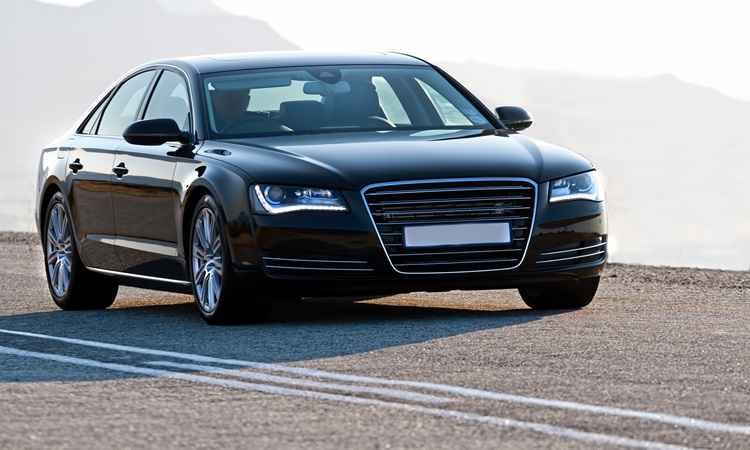Which Battery is Used in Electric Vehicles?
Which Battery is Used in Electric Vehicles?

Electric vehicles (EVs) are transforming the entire automotive landscape in India. They offer an eco-friendly alternative to traditional petrol and diesel cars, aligning with global sustainability goals. Central to an EV's performance is its battery, which influences range, charging time, and overall efficiency. Understanding the diverse range of batteries used in electric vehicles is imperative for car owners and industry stakeholders.
Batteries Used in Electric Vehicles
Different types of batteries used in EVs include the following:
1. Lithium-Ion Batteries (Li-Ion)
Li-ion batteries are often used in modern EVs. They provide a high energy density; that is, they can store considerable energy relative to their weight. This results in longer driving ranges for vehicles. Additionally, Li-ion batteries have a good lifespan and efficiency. However, they can be expensive due to the cost of materials like cobalt and nickel.
Advantages:
• High energy density, leading to longer range.
• Lightweight compared to other battery types.
• Faster charging times.
• Longer lifespan with proper maintenance.
2. Lithium Iron Phosphate Batteries (LFP)
LFP batteries are a subtype of Li-Ion batteries. They use iron phosphate as the cathode material. While they have a slightly lower energy density than other Li-Ion batteries, they are more stable and have a longer lifespan. Their enhanced safety features make them a popular choice among manufacturers.
Advantages:
• Longer lifespan compared to traditional Li-Ion batteries.
• High thermal and chemical stability, reducing fire risks.
• More affordable due to the absence of expensive materials like cobalt.
• Suitable for Indian weather conditions due to better heat resistance.
3. Lithium-Titanate Batteries (LTO)
LTO batteries use lithium-titanate nanocrystals on the anode surface. This allows for faster charging and a longer cycle life. They are also more resistant to thermal runaway, reducing the risk of fires. However, their lower energy density means they store less energy, resulting in shorter driving ranges.
Advantages:
• Extremely fast charging times.
• High durability with a longer cycle life.
• Improved safety with a low risk of overheating or fire.
• Performs well in extreme temperatures.
Conclusion
Battery technology is pivotal in the selection of an electric vehicle. In India, factors like cost, safety, and performance influence this choice. As technology progresses, we can expect more efficient and affordable batteries to evolve. It's also essential for EV owners to consider a comprehensive car insurance policy to protect their investment.
RELATED ARTICLES
Things to Know about the Components of Electric Cars
Types of Electric Vehicles: BEVS, HEVS, FCEVS and PHEVS
The Ultimate Guide to Electric Vehicle Charging
Electric Vehicle Battery Health Report
EV Battery Range: Tips for Improvement










 Health Insurance
Health Insurance  Travel Insurance
Travel Insurance  Car Insurance
Car Insurance  Cyber Insurance
Cyber Insurance  Critical Illness Insurance
Critical Illness Insurance
 Pet Insurance
Pet Insurance
 Bike/Two Wheeler Insurance
Bike/Two Wheeler Insurance  Home Insurance
Home Insurance  Third Party Vehicle Ins.
Third Party Vehicle Ins.  Tractor Insurance
Tractor Insurance  Goods Carrying Vehicle Ins.
Goods Carrying Vehicle Ins.  Passenger Carrying Vehicle Ins.
Passenger Carrying Vehicle Ins.  Compulsory Personal Accident Insurance
Compulsory Personal Accident Insurance  Travel Insurance
Travel Insurance  Rural
Rural 











